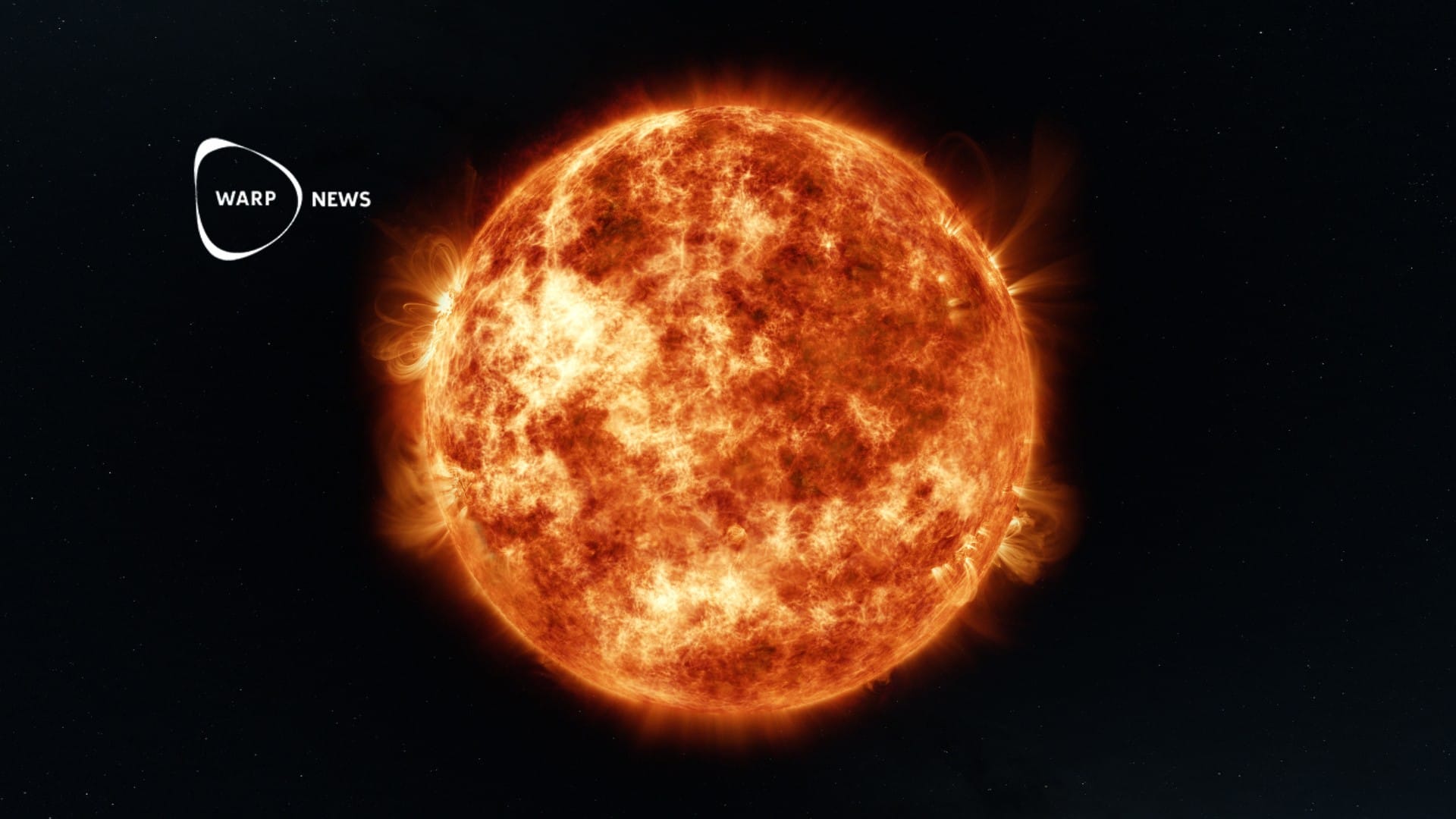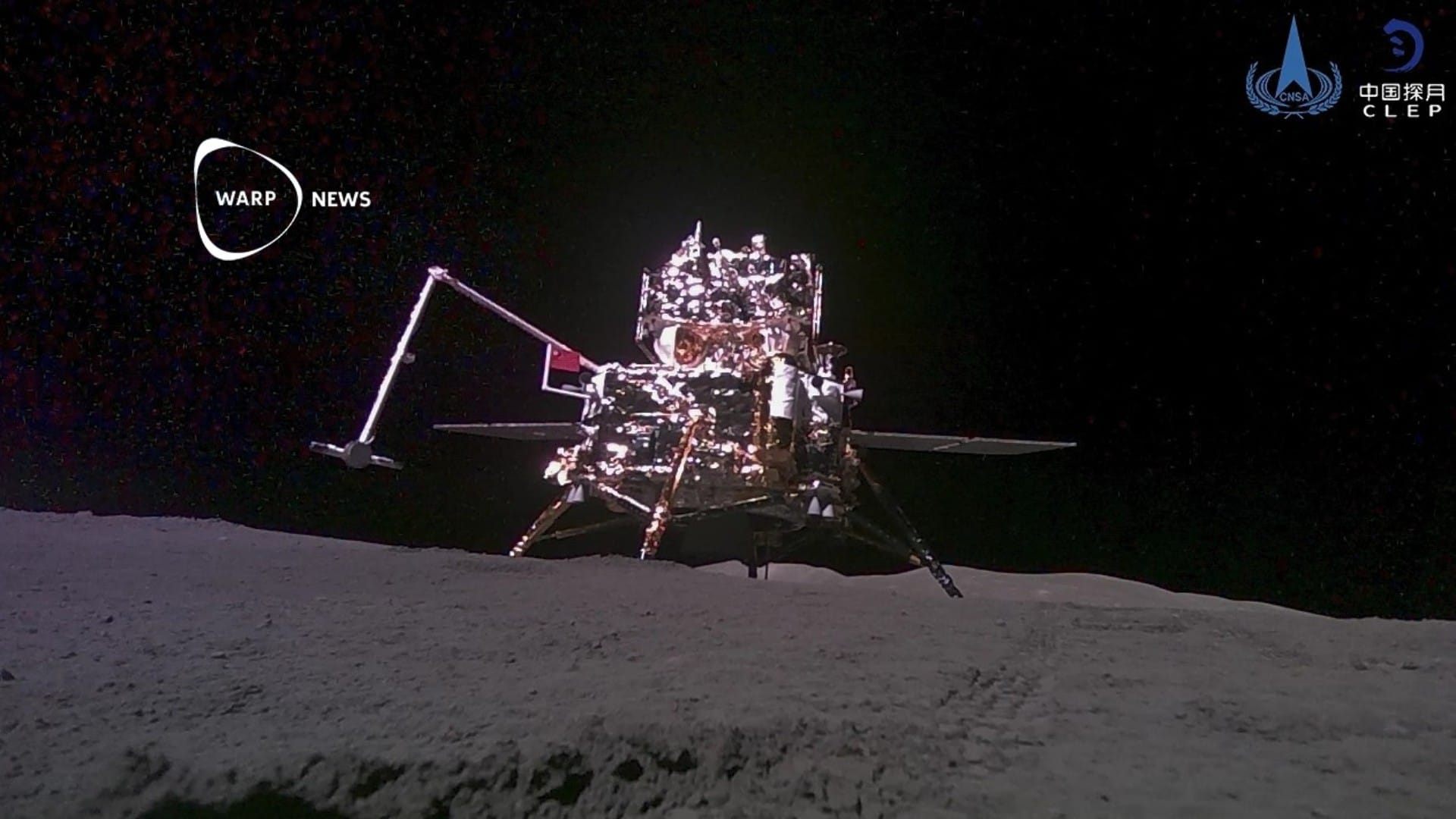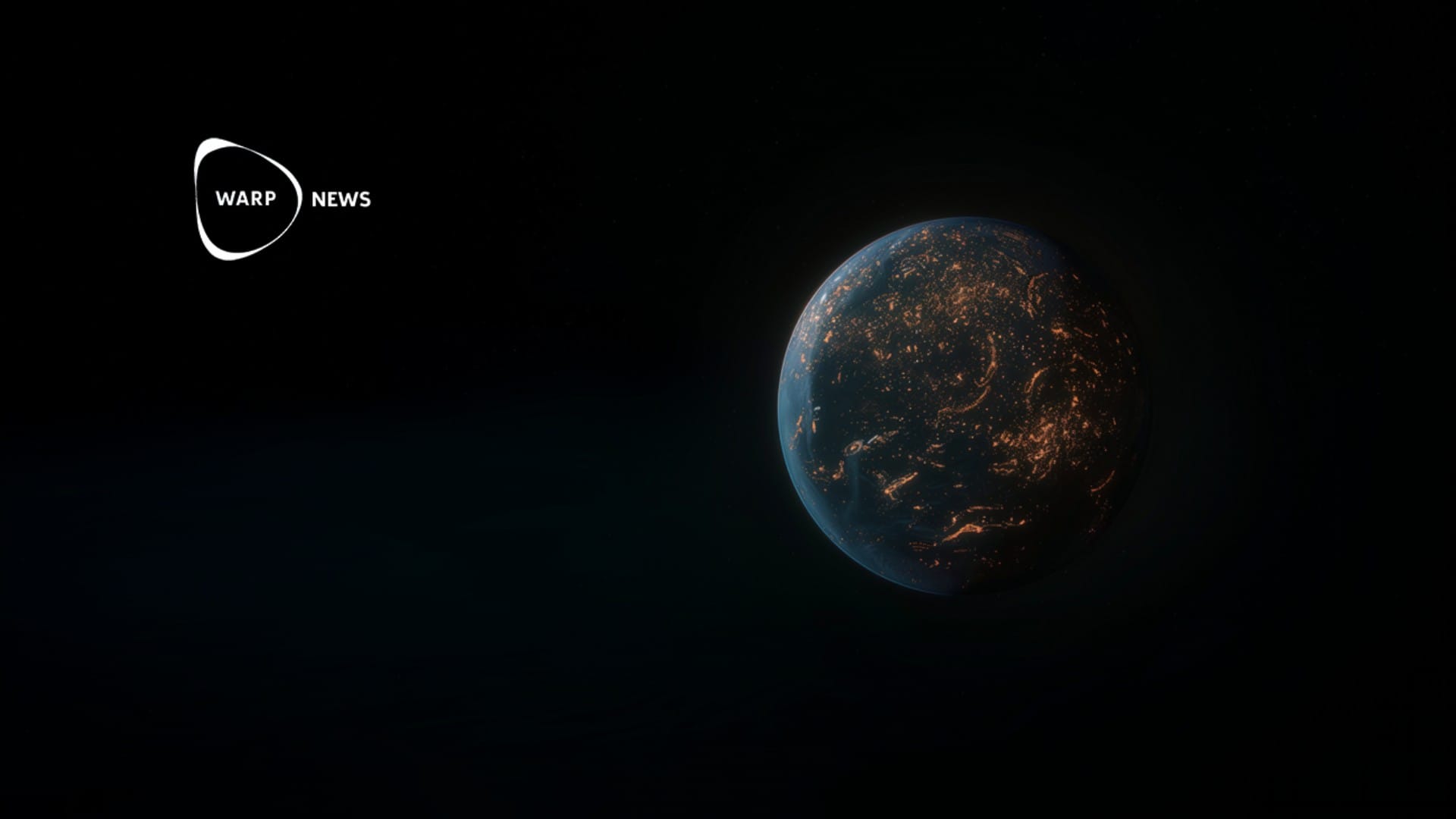
👨🚀 ESA resolution aims to put Europe at the forefront of space efforts
Retrieving samples from the moons of our solar system's gas giants, gaining the ability to launch astronauts in space and tackling climate changes. These are the goals that will return Europe to the forefront of space. At least according to a recent ESA manifesto.
Share this story!
On November 19, the European Space Agency Council released a resolution about "accelerating the Use of Space in Europe". Agreed upon by representatives from several European countries during a conference, it's referred to as the Matosinhos Manifesto, after the Portuguese city where the conference took place.
Europe has had a presence in space virtually since the start and has even been ahead of the curve in certain aspects. However, over the past decade, in particular, there's been a surge in global efforts in space and Europe's falling behind its competitors.
For example, for about twenty years, the European Ariane-5 rocket was the most-used launch vehicle for heavy satellites. It has now been overtaken by SpaceX's reusable Falcon rocket. And as you've been able to read in Warp News, several other private ventures are competing or aim to compete in the launch market.
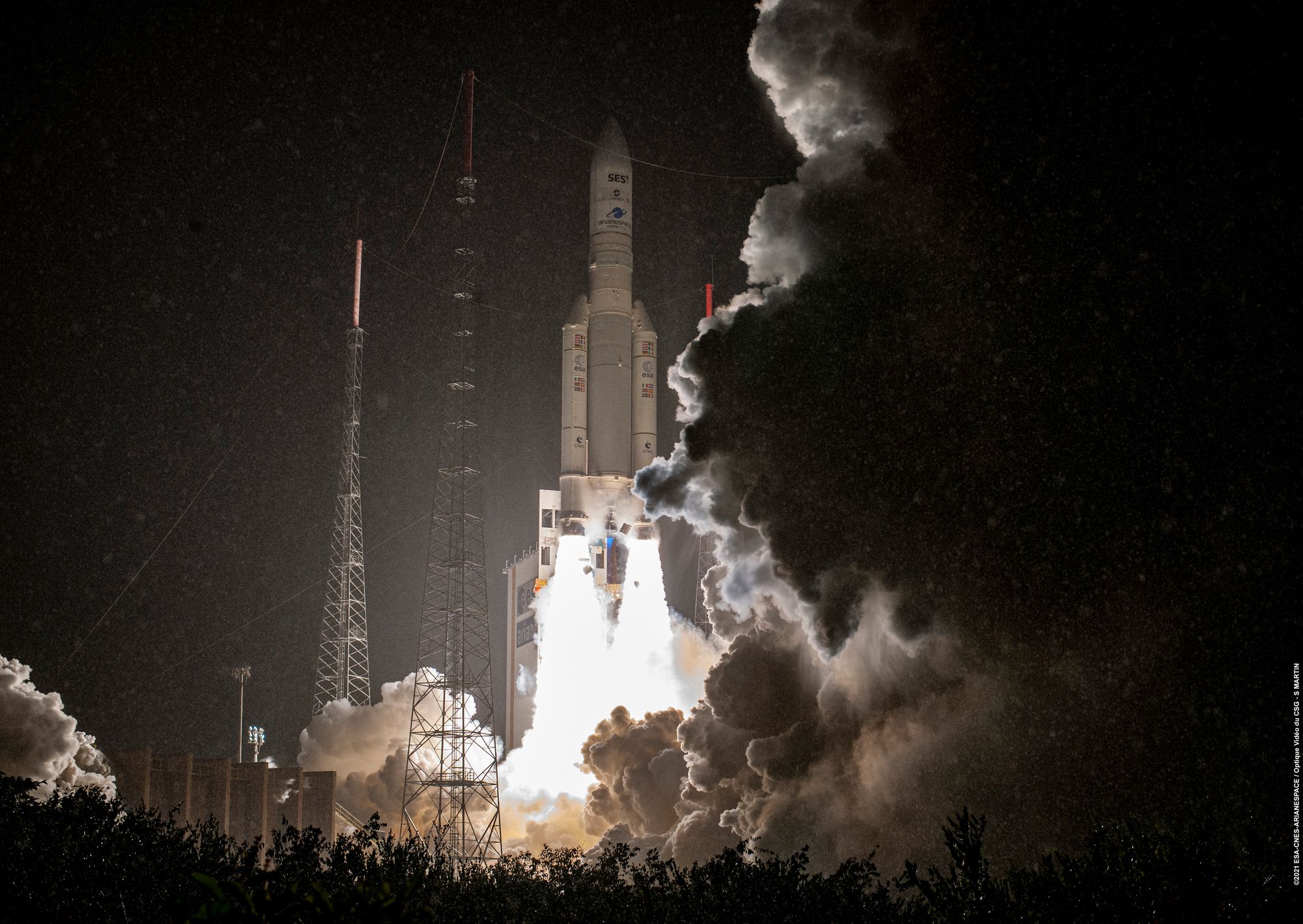
Based on a report created by an advisory group, this manifesto aims to reinvigorate European space efforts. The report specifies what role European space efforts should take and in brief, the idea is that these efforts should aim to tackle major societal challenges, such as the climate crisis and subsequent natural disasters as well as safeguarding the utility of space itself.
To achieve this, three accelerators are being proposed.
- Rapid and Resilient Crisis Response: To gain the ability to rapidly and decisively act on crises. To develop an European Crisis Information Management System, featuring space assets that can gather data and a self-learning AI to exploit the fullest potential of said data.
- Space for a Green Future: To conduct research and gain an understanding of our natural systems. To subsequently be able to prepare for future scenarios and create solutions to safeguard continued and sustainable life on earth. To develop a digital "Twin Earth" where different scenarios can be simulated.
- Protection of Space Assets: To protect space assets and keep our orbits clear to ensure the availability of space services. To gain the ability to, independent from the United States, surveil space, identify and subsequently mitigate threats.
But ambitions don't end at these utilitarian goals, there are two others that are rather more aspirational and exciting. The first of these is to create a European ability to independently launch humans into space. The desire stems from the realization that space travel is forecast to become a permanent, routine and affordable activity, that it would be beneficial for the European economy to take part in space tourism, and of course a belief that cislunar activities are going to shape the coming decades.
"Today, we have three nations (US, China and Russia) being capable of launching their own astronauts into space, with one coming up very soon, India; and there will be others on the horizon," said Dr Josef Aschbacher, Director General of ESA to BBC.
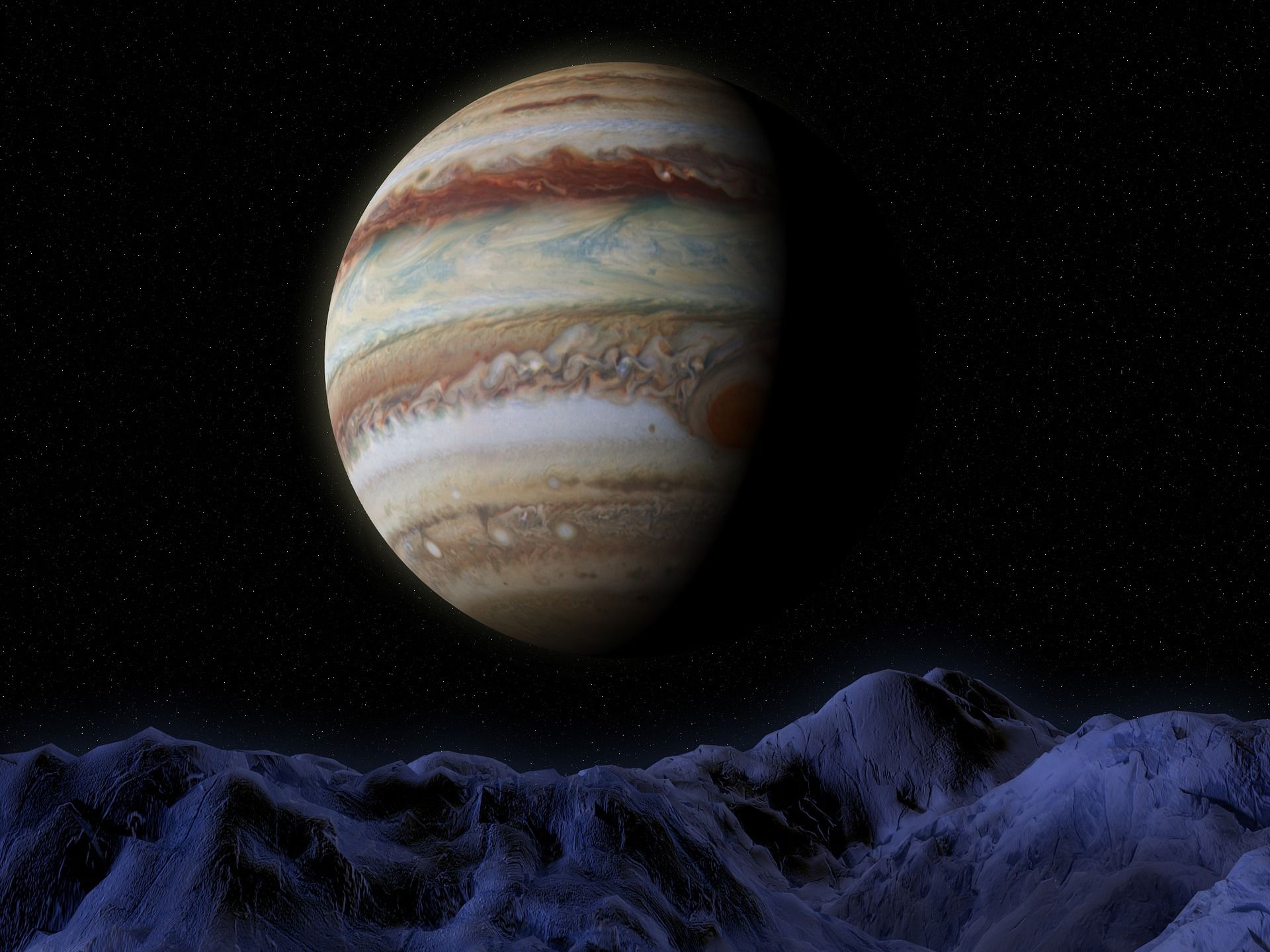
The second is to return samples from the icy moons of our gas giants. As these moons are believed to be able to sustain life, this could be of monumental scientific importance. Seeing as it's something never done before, it would put Europe at the forefront as well as inspire many Europeans to study and work within STEM fields. And of course, to achieve this goal, breakthrough technologies will need to be developed, which in and of itself will advance Europe's capabilities in space.
Realizing the ambitions mentioned in the manifesto will take unprecedented investments and a lot of time, Portugals Science Minister Manuel Heitor tells BBC. So while the manifest bodes well for the future, it's far from certain that this will happen. Yet, only if a fraction of these ambitions would come to fruition, that would still be plenty to feel optimistic about.
By becoming a premium supporter, you help in the creation and sharing of fact-based optimistic news all over the world.
